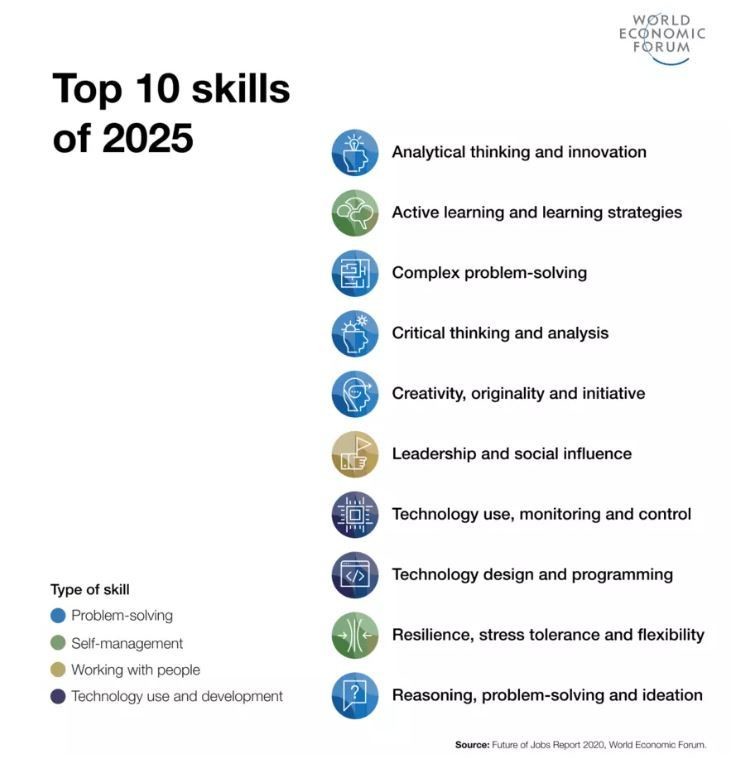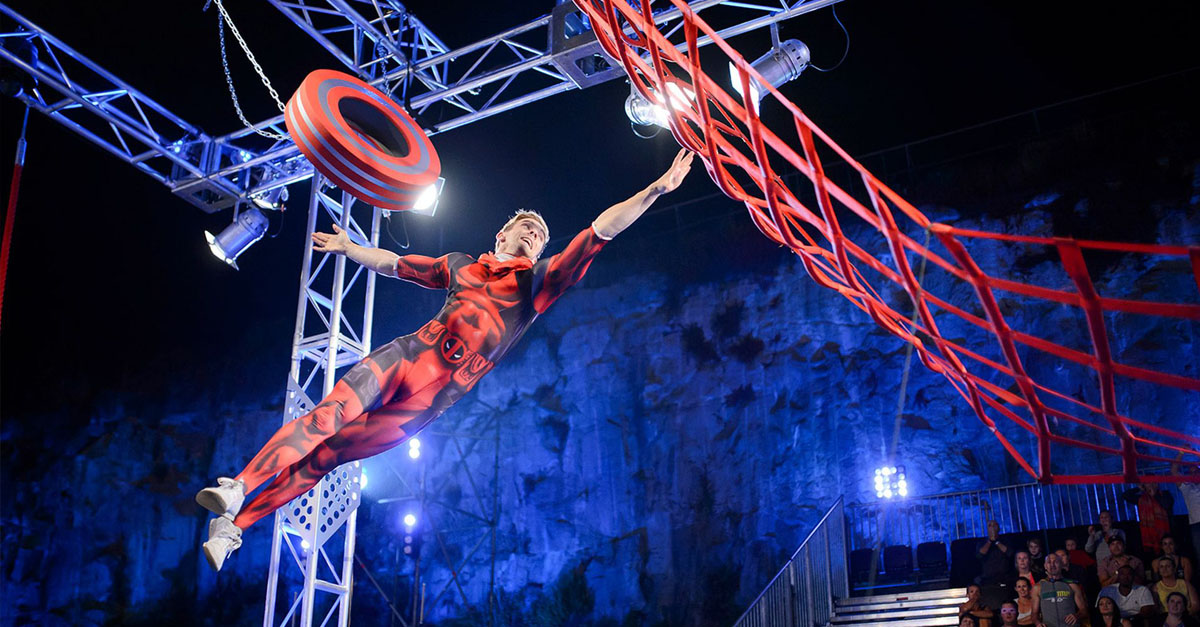People sometimes ask me for advice about how to shift their career into facilitation and/or design. What books to read? What courses to do? What meetups to go to? Who to follow on Twitter? What software to use?
Of course I always tell them about my classes on facilitation (I'd be mad not to!), and I recommend some books and other resources. We need books, courses and mentoring to upskill and reskill.
But the main thing I talk about always comes as a surprise.
Your career isn't a ladder. It's a jungle gym.
Think again about your job role
Metaphors have a funny way of affecting how we think. We've all heard of the "corporate ladder', and sometimes that can limit our thinking about which way to go when we want to make a move in our career. Anything but "up' seems"¦ well"¦ not as good for our professional growth.
But sometimes the best next step isn't "up'. Sometimes it's to the left, or to the right. Maybe it's a bit of a shuffle over here. Maybe it's a bit of a swing over there.
Your future may not be the next job description
There's (still) a lot of buzz going on about so-called 21st century skills. The most famous take on this from the World Economic Forum and their top 10 list:

The thing I'm taking from all of this is that the most in-demand skills cut across all sorts of jobs, and extend "upwards and downwards', from the mailroom to the boardroom. And look: half of this top 10 (above) are about problem-solving. So, it's no longer only about excelling in role-based skills, but in collaborative, technical and meta-cognitive skills.
What this means is that the job description that represents the "next rung on the ladder' you might be following probably doesn't take these skills into account.
Ideas to move left and right, not just up
So, what to do? Look for a small opportunity in your job right now to give you experience and confidence in the skills you want to grow in, for the future. That could be:
- Offer to facilitate - ask if you can run some of your team's meetings and workshops (starting with an easy one, like a retrospective session)
- Get involved in offsite planning - seeing how others plan big strategic meetings is very revealing
- Attend some design critique sessions - you learn a lot about not only design work, but how people give feedback on design
- Spend some time on a new project with the team down the hall in an area you want to grow in
- Join a colleague in their meetings to see how they run them (but ask first"¦ it's a bit weird otherwise)
Give yourself permission to explore multiple pathways of skills growth, rather than just one linear path dictated by one organisation's job roles. Your best next step can be to start shifting the skills-mix of your job role where you're at now, into the mix that you'll apply for elsewhere in future. Incrementally, handhold by handhold.
Along the way, you'll learn much more than just - ahem - doing a course or two, and you'll make more of a positive impact along the way.
So, what's your next best step?
